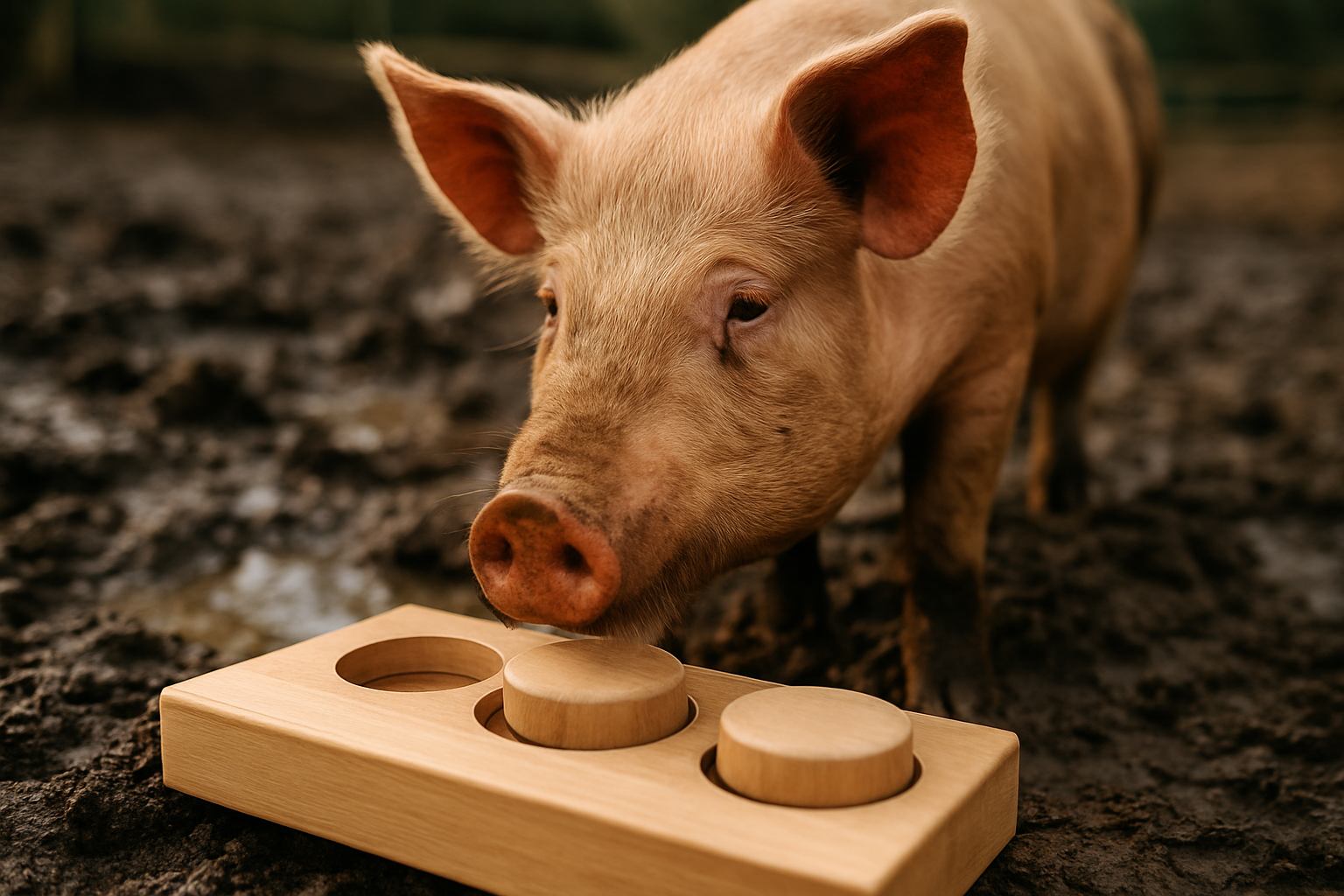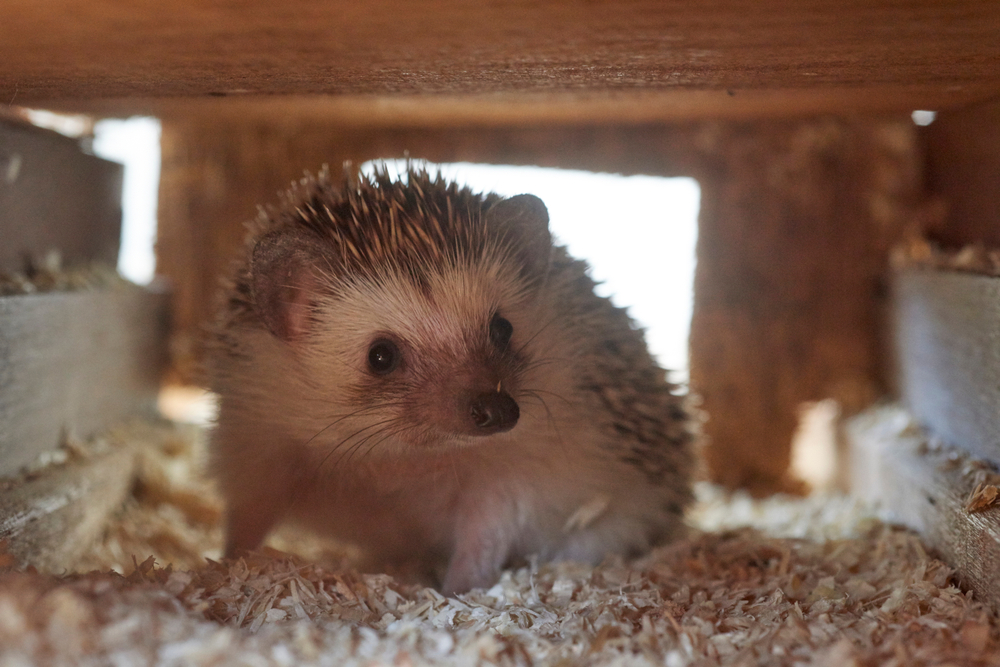Unveiling the Secrets: The Remarkable Intelligence of Pigs
Have you ever wondered about the intellectual capacity of animals beyond our beloved pets? This piece takes an in-depth look at one of the most underrated members of the animal kingdom - the pig - and reveals its surprising intelligence and emotional depth.

A Historical Overview of Pigs
Rewind to thousands of years ago, during the Neolithic Revolution, when humans transitioned from nomadic hunting and gathering to settled farming. It was then that wild boars were first domesticated and evolved into the pigs we know today. Despite their domestication, pigs were primarily seen as a source of food rather than as pets or companions.
However, throughout history, the intelligence of pigs has been noted by various cultures and societies. Ancient Greeks recognized their problem-solving abilities, while Celts revered them as symbols of intelligence and wealth. Even so, the intellectual capacity of pigs remained largely unexplored and underestimated until recent times.
Pigs: Among the Smartest Animals
Recent studies have painted a very different picture of these intelligent animals. Pigs are now considered among the most intelligent and emotionally complex species, surpassing dogs and even some primates in certain cognitive tests.
Research has shown that pigs have excellent long-term memories, understand symbolic languages, and are capable of complex problem-solving. They can learn how to operate levers and switches to obtain food or even play video games designed for chimpanzees.
Furthermore, pigs display a wide range of emotions and social behaviors. They form close bonds with each other, cooperate to achieve goals, and show empathy towards their fellow pigs.
The Shift in Perception and Its Impact
The revelation of pigs’ intelligence and emotional depth has spurred a shift in our perception and treatment of these animals. Animal welfare organizations and advocates have been pushing for improved living conditions for pigs, arguing that they deserve the same level of care and respect as more traditionally beloved animals like dogs and cats.
While we’re still far from seeing pigs as common household pets, there’s an increasing trend of mini pigs or teacup pigs being adopted as pets. However, prospective owners should be aware that these pigs can still grow quite large and require specific care to address their intellectual and emotional needs.
Intellectual Pigs and Their Market Impact
The newfound acknowledgment of pigs’ intelligence has also impacted the market. Educational toys designed for pigs have emerged, with a price range from $20 to $60. These toys aim to stimulate pigs’ problem-solving abilities and alleviate boredom, a common issue for such intelligent animals.
On the other hand, the meat industry faces challenges as people become more aware of pigs’ cognitive abilities. There’s an increasing demand for ethically raised pork and a rise in vegetarianism and veganism.
The Future of Our Relationship with Pigs
The discovery of pigs’ intellectual prowess challenges us to rethink our relationship with these animals. They are not just a source of food but sentient beings with their own emotional and cognitive lives. As our understanding of pigs continues to evolve, so should our treatment and respect for these remarkable creatures.
The future holds promise for further research into pig intelligence, which will undoubtedly reveal more fascinating insights. As we continue to uncover the depth of pigs’ abilities, we strengthen the call for their ethical treatment and deepen our appreciation for the rich diversity of intelligence in the animal kingdom.





